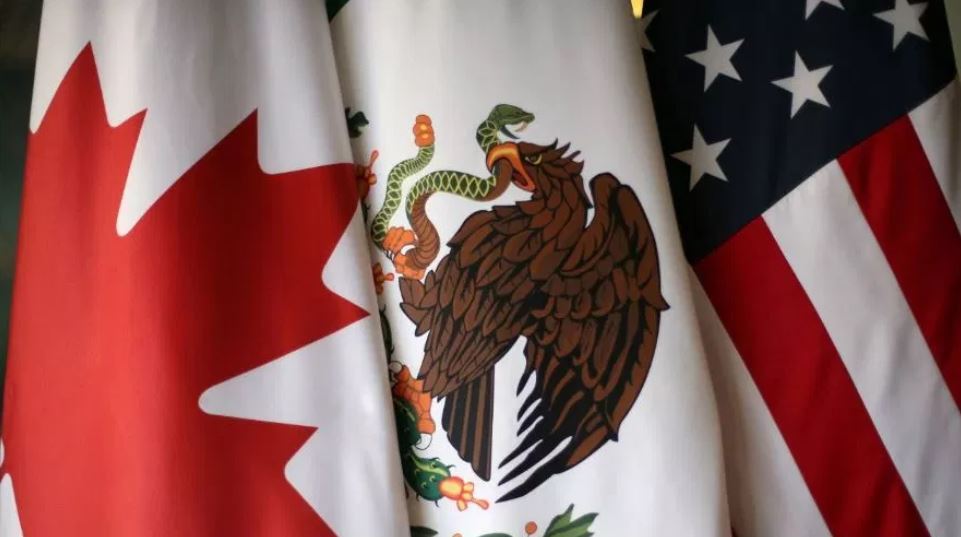CBP Launches the United StatesMexico-Canada Center

U.S.A – The United States-MexicoCanada Agreement (USMCA) will be implemented on July, 2020. As a result, Customs and Border Protection (CBP) recently opened the USMCA Center to help to coordinate implementation of the agreement.
“The Center is integral to successful implementation of USMCA, as it will focus on outreach, training, and developing new regulations and procedures, while providing consistency and transparency to the trade community,” said Brenda Smith, Executive Assistant Commissioner of CBP’s Office of Trade. “This all comes down to making sure that American consumers get their goods safely, securely and predictably, while protecting the economic security of the United States.”
The agency informed this center is staffed with CBP experts from operational, legal, and audit disciplines, as well as with virtual representatives from Canadian and Mexican customs authorities. The USMCA Center is a cornerstone of CBP’s USMCA implementation plan and will serve as a central communication hub for CBP and the private sector community, including traders, brokers, freight forwarders and producers, ensuring a smooth and efficient transition from the North American Free Trade Agreement to USMCA.
Recently, the U.S. Trade Representative (USTR) announced the United States–Mexico–Canada Agreement’s (USMCA’s) enter into force date will be July 1, 2020.
The USTR notified Congress that Canada and Mexico have taken measures necessary to comply with their commitments.
CBP informed the USMCA is a new trade agreement that modernizes certain NAFTA provisions, reflecting developments in technology and 21st Century supply chains. USMCA calls for new approaches to rules of origin, agricultural market access, digital trade, and financial services while protecting the labor rights of workers in key industries, and strengthening the protection of intellectual property rights.
The USMCA Center staff will be CBP’s experts on the trade provisions of USMCA, providing guidance to private and public sector stakeholders. Center staff will facilitate a smooth transition from NAFTA by coordinating and scheduling outreach events, responding to training requests, developing and distributing information resources, and updating CBP regulations on pending USMCA topics/issues, while also providing clear and transparent technical guidance on USMCA’s new compliance obligations. Center staff will work closely with Centers of Excellence and Expertise and the ports to ensure CBP’s implementation is uniform and supports U.S. economic security.
CBP informed the NAFTA rules will continue to apply until July 1,2020 when USMCA enters into force.
